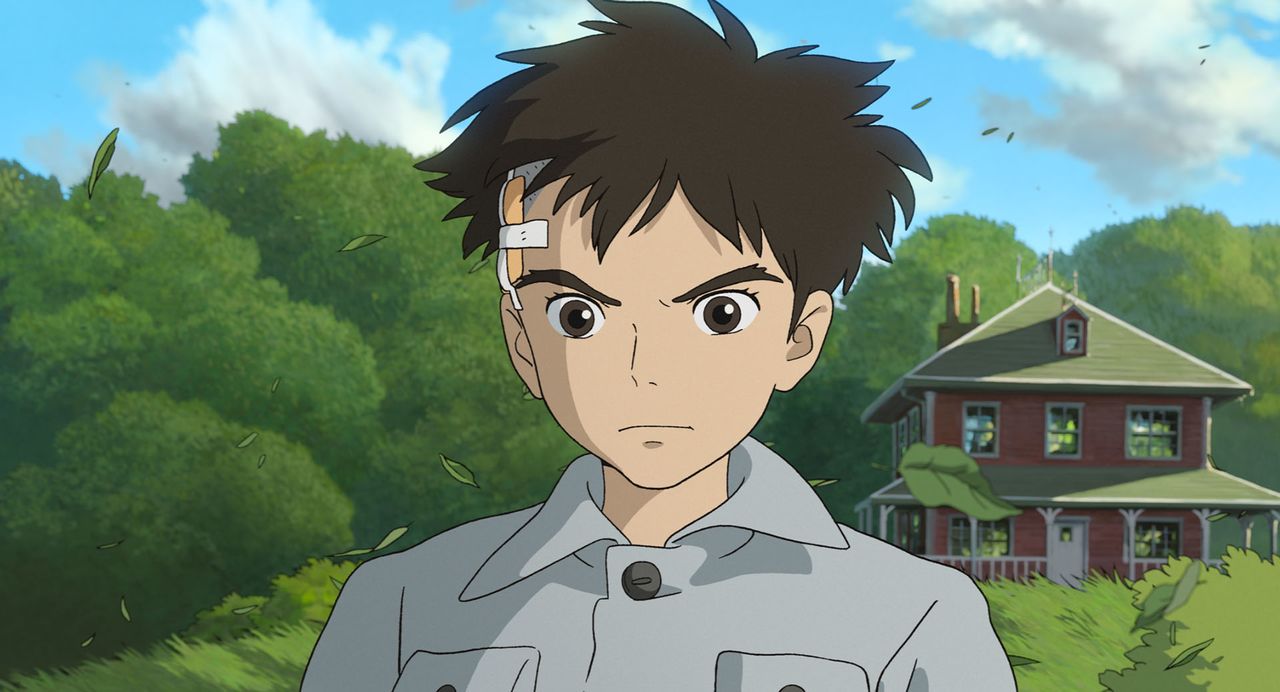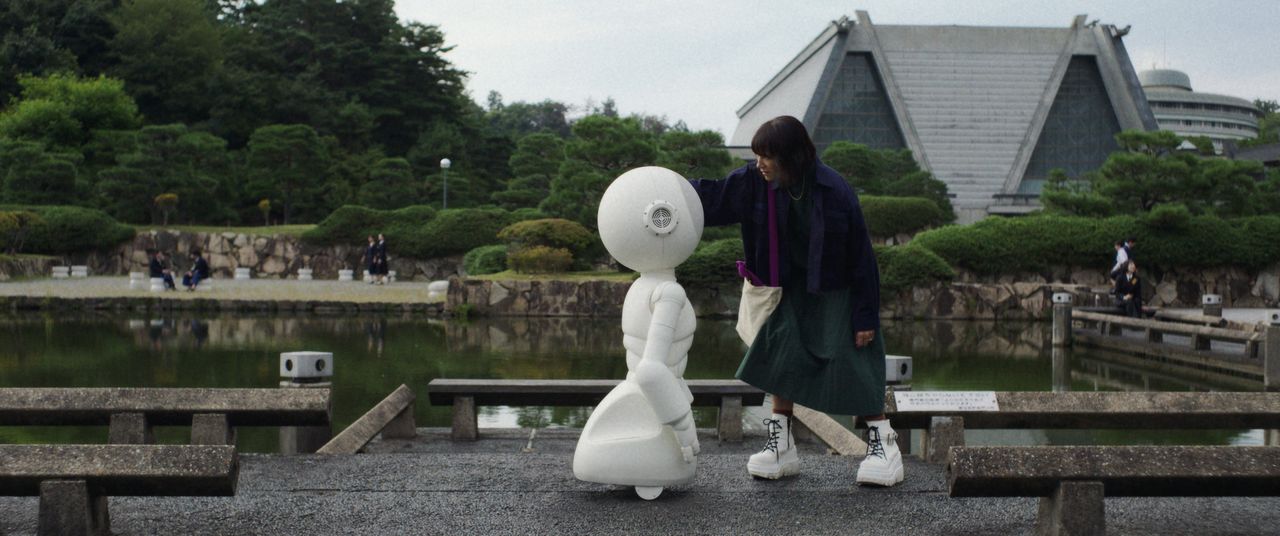Entertainment
Japan a Growing Presence in Global Entertainment in 2024

During the past year, a number of Japan-related film and television titles—from Godzilla Minus One to Shōgun—saw considerable international success. A film journalist with deep Hollywood experience takes a look at the reasons for growing global attention on Japanese entertainment.
Japan Looms Large in the International Entertainment Market
As 2024 nears its end and we look back on the year in entertainment, it was clearly one when Japan-related works loomed large on the global market. It is a diverse group of works. Some were made in Japan, while others depicted the nation from a more international perspective, and some were international works featuring Japanese artists.
The trend was ushered in by Yamazaki Takashi’s Godzilla Minus One, which debuted in North America in December 2023. The Japanese production earned international acclaim in the industry, including an Oscar for Best Visual Effects at the March 2024 Academy Awards ceremony. It also became the third highest grossing foreign-language film in American history, and it achieved these results essentially without marketing or advertising.
The Godzilla Minus One production team with their Oscar trophies for Best Visual Effects. Second from the left is director Yamazaki Takashi. Taken March 10, 2024, in Los Angeles. (© Reuters)
The same Academy Awards ceremony saw Miyazaki Hayao’s The Boy and the Heron win for Best Animated Feature and Wim Wenders’s Perfect Days, starring Yakusho Kōji, nominated for Best International Feature Film.
Around the same time, the television series Shōgun, produced by FX, a Disney subsidiary, had a record-breaking debut and earned the longest viewing time in Disney’s streaming history. At the Emmy Awards in autumn, it took home a record-breaking 18 awards and continues to rake up accolades as we enter the global award series.
Simultaneous Successes Are Coincidence, but . . .
With such news echoing across Japan, I have received numerous requests from Japanese media outlets thanks to my long years of living in Los Angeles. Today they are asking: “Are people overseas interested in Japanese culture now?” The answer, depending on the case, can be either “Yes” or “No.” If we take the previously mentioned Godzilla Minus One as our example, the answer is much closer to a “No.”
That is because Godzilla was around long before Yamazaki’s film; this giant lizard is not something that just appeared out of nowhere. Godzilla has been a popular franchise for years, and we could simply say that this is a case of an outstanding installment seeing release just as the fanbase was expanding.
Then, in the case of Ghibli productions, we should also consider how the recent contract with streaming platform Max, a subsidiary of Warner Brothers Discovery, has brought past works into homes across the United States and helped expand this studio’s fan base.

Maki Mahito, protagonist of Miyazaki Hayao’s The Boy and the Heron. (Courtesy Studio Ghibli)
This is true of Shōgun, as well. Hollywood didn’t just suddenly decide to remake the 1980 hit miniseries. There has been talk about re-adapting James Clavell’s 1975 novel for years. Multiple creators have tried their hands, and in 2017 a project progressed to prefilming stages before being rolled back. In a time when intellectual property assets have become even more valuable to television and film production studios than ever before, FX’s leadership was intent on making sure that the valuable Shōgun IP would not go to waste. It is important to note that Disney had no involvement up to that stage of the process, because it only announced its bid to acquire FX parent company 21st Century Fox at the end of 2017.
In 2018, Justin Marks—who had earned fame as cowriter on Top Gun: Maverick—was brought on as show runner. He then reached out to lead actor Sanada Hiroyuki, asking if he would also be producer on the project. That marked a new start for the series, which ended up taking two years with filming and postproduction.
In other words, the fact that Godzilla Minus One, The Boy and the Heron, and Shōgun all came out and achieved success around the same time is simply coincidence.

Shōgun is currently streaming on Hulu and Disney+. (© 2024 Disney and its related entities)
Film Creators Inspired by Japan Experts’ Stories
However, if we expand our scope to look at other Japan-related works, then the answer to whether there is greater interest in Japanese culture comes closer to “Yes.”
For example, there is the series Sunny, which began streaming on Apple TV+ in July 2024. The highly acclaimed series, which boasts a score of 90% on Rotten Tomatoes, stars Rashida Jones, Nishijima Hidetoshi, Judy Ongg, and Kunimura Jun. It was created by American script writer Katie Robbins based on a 2018 novel by Japan-resident Irish author Colin O’Sullivan.
Many pieces set in Japan are actually filmed in other locations. For example, Shōgun was filmed in Canada, while Martin Scorsese’s 2016 film Silence was filmed in Taiwan. But series creator Robbins loved Japan and insisted that Sunny be filmed there. The crew went to film in central Kyoto during the COVID-19 pandemic, which ended up being a lucky thing as it drastically reduced tourism to Japan. Actor Nishijima commented that it was the first time he had been able to film on the streets of Kyoto in his long career in acting.

Suzie (Rashida Jones) and the titular domestic robot in Sunny. (Photo courtesy Apple TV+)
Then there is the Icelandic production Touch, which is the nation’s entry to the 2025 Academy Awards for Best International Feature. It is based on a novel of the same name written during the pandemic by Ólafur Jóhann Ólafsson. It is set in Iceland, London, and Japan, and features Japanese actors such as Kōki, Motoki Masahiro, and Nakamura Masatoshi.
Ólafsson was instrumental in the creation of Sony’s gaming business in North America, helping to launch the PlayStation home game console as a key part of Sony Computer Entertainment of America. His roles took him to Japan in the 1980s and 1990s, which is when he learned of the story of the hibakusha, who play a role in this story. The novel only came out recently, but it attracted the attention of countryman Baltasar Kormákur, a director with Hollywood connections after working on the 3D title Everest and Beast. It was slated for filming almost immediately.
These are all relatively recent works written by foreign authors who know Japan well, which then inspired other foreign creators and artists. These works then connect with the hearts of audiences across national borders.

A scene from the Icelandic outing Touch. (© 2024 RVK Studios)
Lord of the Rings Takes a Step into Anime
Another Hollywood production with massive influence from Japanese entertainment is The Lord of the Rings: The War of the Rohirrim, premiering worldwide December 13 (in Japan on December 27).
It is an animated film from Warner-owned New Line Cinema and produced by Philippa Boyens, who cowrote the screenplays for the three main films and the three films making up The Hobbit. The director is Kamiyama Kenji, who also worked on Ghost in the Shell: Stand Alone Complex series and Eden of the East, and the work pursues a markedly Japanese anime style.
Boyens says that she did not initially think of there being an ongoing story that should be an anime. She instead thought of this story after others recommended making an anime. “One of the interesting things that happened in the creation of this film is that the form came first,” she explains. “There was something about this particular story of the Rohirrim that felt intrinsically right for that great tradition of Japanese filmmaking that is anime.”
Anime is, indeed, a great source of pride in modern Japanese culture and has huge numbers of fans worldwide. If we see more collaborations like this, I’m sure Japanese creators will also have more opportunities to work.

The Lord of the Rings: The War of the Rohirrim. (LOTR TM MEE lic NLC. © 2024 WBEI)
More Japan-Related Work in 2025
I am glad to see that Japan will be showing up in even more international productions in 2025. One example is director Benny Safdie’s The Smashing Machine, starring Dwayne “The Rock” Johnson. Another is Marty Supreme, from director Josh Safdie (brother of Benny) and starring Timothée Chalamet.
Filming has already finished on The Smashing Machine, and a top executive at production company A24 has said, “The scenes of Dwayne Johnson walking the streets of Japan are so fresh. I can’t wait for the audience to see them.” He went on, “The directors for both films insisted on filming on location in Japan. It’s impossible to truly re-create Japan somewhere else. It cost money, but there’s value in showing scenery you don’t see in major American motion pictures.”
I feel that there must be more producers and studios who, like A24, are thinking of filming Japanese stories on location in Japan. 2024 might have been the year that sparked a growing trend. We should watch to see if one of these coming titles ends up being the next Shōgun.
(Originally published in Japanese. Banner photo: Anna Sawai, who won Outstanding Lead Actress in a Drama Series, with Sanada Hiroyuki, who took Outstanding Lead Actor in a Drama Series, at the seventy-sixth annual Primetime Emmy Awards in Los Angeles, September 15, 2024. © Reuters.)








